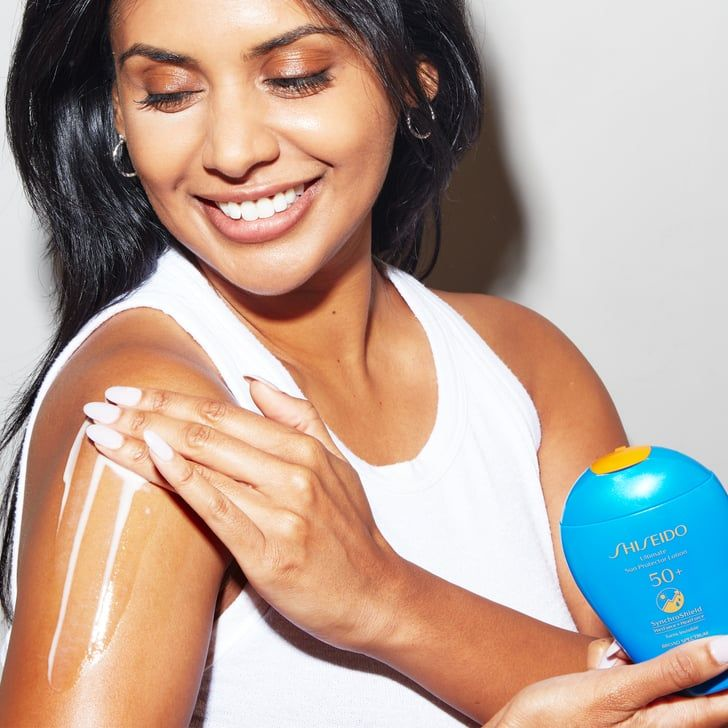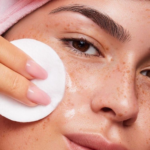Top Insights

Body Care & BeautyLifestyleMore
 ANNYJune 14, 20231 Mins read692 Views
ANNYJune 14, 20231 Mins read692 Views
The Importance of Sunscreen: Choosing the Right Protection for Your Skin
Recent Posts
Related Articles
Fashion TrendsLifestyleWinter Fashion
This New Year: Top Trending Picks for Women From ANNY Unlocked
Key Highlights: Top Trending Picks for Women from ANNY This New Year...
ByANNYDecember 27, 2024
Fashion TrendsLifestyleWinter Fashion
Choosing The Best Winter Jackets For Women Outdoor Activities Made Easy With Anny
Key Highlights: Choosing the Best Winter Jackets for Women Outdoor Activities Shop...
ByANNYDecember 26, 2024
Celebrity DecodeFashion TrendsLifestyle
6 New Year Outfits for Women Inspired by Celebrities
Key Highlights:- Celebrities inspired New Year Outfits for Women Here you go,...
ByANNYDecember 23, 2024
Fashion TrendsLifestyleWinter Fashion
Jingle Along This Christmas with ANNY’s Cute Winter Dresses for Women
Key Highlights: Celebrate Christmas with ANNY’s Stylish Winter Dresses for Women Christmas...
ByANNYDecember 21, 2024



















Leave a comment